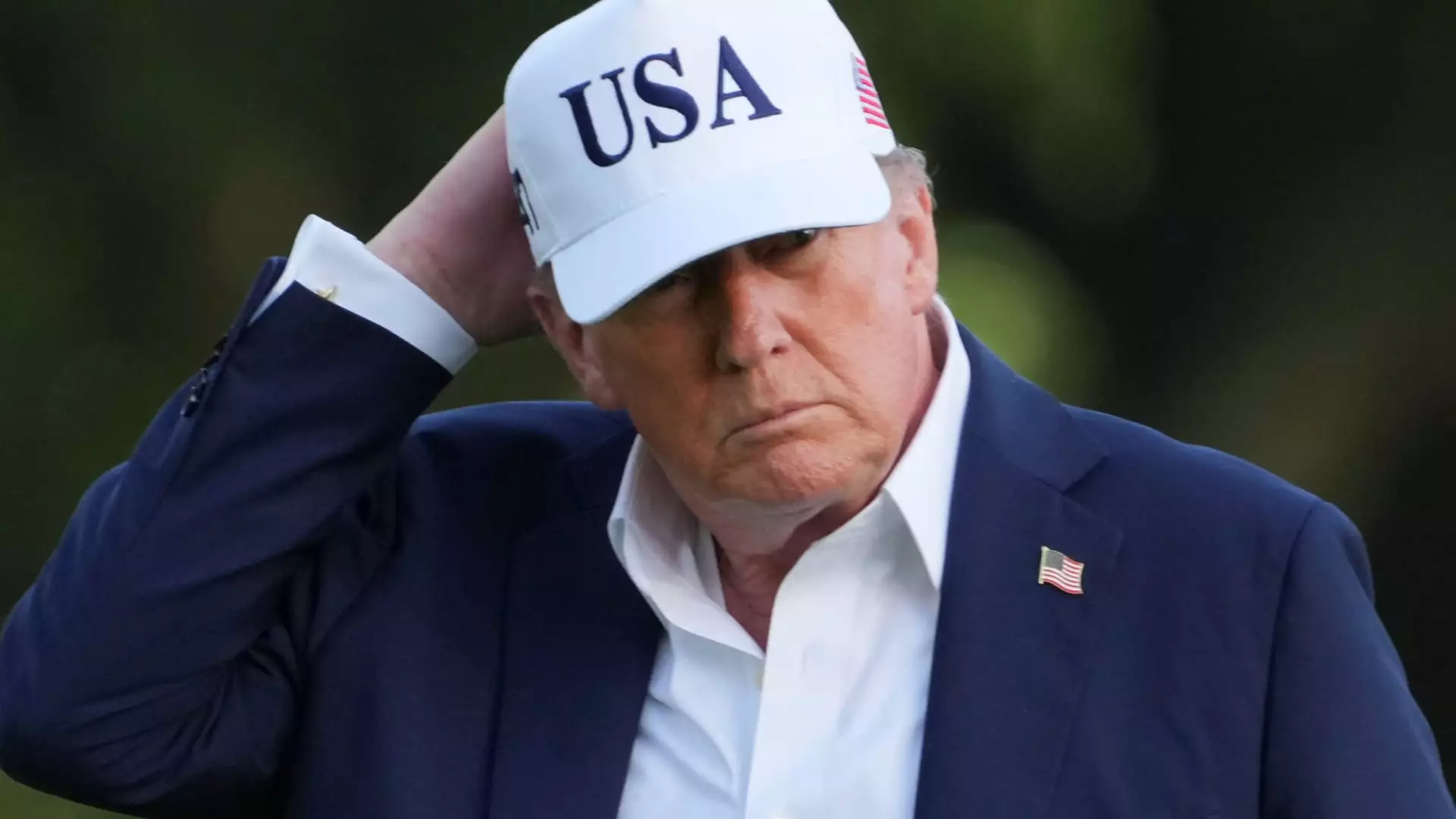In recent developments, the United States has announced an aggressive move to impose a 25% blanket tariff on imports from Japan and South Korea, marking a significant shift in international trade policy. While protections are often justified as defending national industries, this approach reveals a shortsighted and potentially self-destructive mindset. It is rooted in a simplistic view that trade deficits are inherently harmful and that tariffs can be the silver bullet to economic imbalance. This misguided belief ignores the complex realities of global supply chains, the benefits of free trade, and the mutual interdependence that has historically driven economic growth.
The notion that tariffs serve as leverage to “correct” trade imbalances fundamentally misunderstands the nature of international economics. Instead of fostering sustainable growth, such measures risk escalating conflicts, provoking retaliations, and disrupting markets that are intricately linked. It’s an arrogant assumption that tariffs can be wielded like economic weapons without foreseeing the collateral damage inflicted on American consumers, businesses, and diplomatic relations. Tariffs might offer short-term political wins or satisfy protectionist impulses, but they hold the potential to ignite a trade war that many analysts warn could spiral into broader economic instability.
The Political Posturing vs. Economic Reality
President Trump’s decision, communicated through pointed letters to Japan’s Prime Minister and South Korea’s President, exemplifies a show of strength that masks a fundamental misunderstanding of economic interdependence. These letters, emphasizing punitive measures and warning of potential retaliations, are rooted in a combative attitude rather than a strategic vision. By reimposing tariffs that had been temporarily reduced, the administration signals a reckless desire to settle scores rather than to seek mutually beneficial agreements.
While the administration claims that tariffs are necessary to address trade deficits—numbers that are often misinterpreted as signs of economic weakness—the reality is far more nuanced. Deficits are not inherently bad; they reflect complex factors like currency values, global supply chains, and investment flows. Instead of engaging in constructive negotiations, this escalation fosters an environment of hostility. The threat to retaliate against any responses—regardless of the rationale—underscores a dismissive attitude towards international diplomacy and economic cooperation. Such posturing jeopardizes long-term relationships with vital allies and trading partners, threatening the stability of global markets and the fabric of multilateral agreements.
The Market Consequences and Ethical Concerns
The immediate market reaction to these announcements was stark. A dramatic plunge in major indices—the Dow Jones, S&P 500, and Nasdaq—highlighted investor anxiety over escalating trade tensions. Beyond the financial fallout, these tariffs threaten to inflate consumer prices, hurt exporters, and create uncertainty that hampers small and large businesses alike. It is a shortsighted policy that prioritizes political posturing over practical economic outcomes.
Furthermore, the emphasis on guarding against “transshipping”—a tactic used to evade tariffs—seems more a reflection of bureaucratic rigidity than a genuine concern for fair trade. It suggests an administration more obsessed with enforcement and control than with fostering genuine international partnerships. By tying tariff adjustments to the political relationship, America risks falling into a cycle of reciprocal measures and retaliations, which could lead to escalating trade barriers and a decoupling of global economic networks.
As a center-leaning observer, I am compelled to critique this approach for its hubris and recklessness. The idea that imposing tariffs will magically fix trade deficits or restore economic fairness is fundamentally flawed. The path of unilateral punitive measures undermines the very principles of openness, cooperation, and mutual benefit that have historically underpinned American economic strength. If we continue down this path, we risk isolating ourselves in a world that increasingly values interconnectedness and shared growth. The true prosperity comes not from protectionism and confrontation but from strategic engagement and respect for the complex symbiosis of global trade.


Leave a Reply